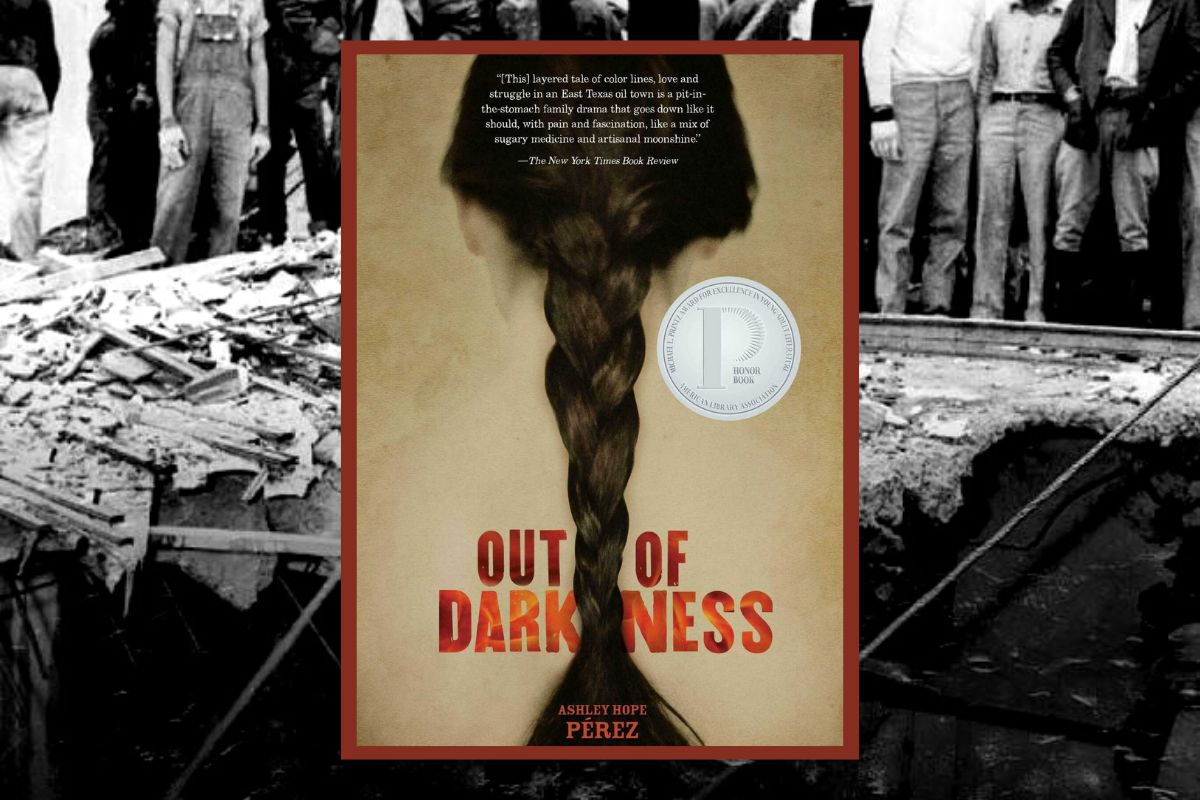Fourth Most Banned Author Last Year Opens Up About the Backlash

Because hundreds of book titles are added to various ban lists each year, there is only so much attention that can go toward one book. Literacy advocacy groups like the American Library Association (ALA) and journalists look at trends and specific instances to call attention to these novels. For example, in the second half of the 2010s, some of the most common excuses were depictions of police violence or gender and sexuality. After the summer of 2020, when public attitudes about the Black Lives Matter movement shifted temporarily, zealots switched to books discussing race in any context, before the pendulum came back to attack LGBT novels once more.
While most older and established authors largely get to ignore the outrage, younger and newer authors have no choice but to speak up. This has resulted in George M. Johnson (the most banned author in 2021) going on a media tour to talk about the harms of banning books like their memoir-manifesto All Boys Aren’t Blue. Author Ashley Hope Pérez decided to make a hilarious video responding to criticism of her novel, Out of Darkness.
According to the ALA, her novel has been commonly “Banned, challenged, and restricted for depictions of abuse and because it was considered to be sexually explicit.” Pérez’s novel is a YA historical novel about (what’s now called) New London, Texas, in the 1930s. Part love story, part snapshot of segregation between Mexican, Black, and white Texans, Out of Darkness takes place in the year leading to the 1937 natural gas explosion that killed 300 students and teachers. This event is why natural gas is no longer odorless. Many outside of Texas probably don’t know about this, but it was international news. Letters and telegrams came in from the White House and even monstrous political leaders abroad, like Adolf Hitler.
Meet the author
When books are banned, understandably, many authors don’t want to speak up to the press. It could worsen the situation, getting others’ attention on the novel or comic as something to censor. The press also will often reach for those most affected at first, like patrons, students, parents, teachers, and librarians—and the groups using misinformation from people like Christopher Rufo.
Now, a new series is kicking off at NPR, highlighting different banned books and the author(s) who wrote them. In addition to the interviews, NPR is publishing a guest essay from these authors. The inaugural guest was Pérez and Out of Darkness. Pérez has a unique perspective because before teaching comparative studies in Ohio, she taught high school in Texas for a number of years. So she’s been in many shoes during this book-banning fervor and expected her novel to get hit back in 2019 when it was published.
Pérez told NPR that parents will often use “sexual content,” no matter how mundane, to cover the actual issues they have with the novel, including how it illustrates history, sexuality, and race. She described seeing Facebook posts that tell parents what to complain about and emphasize not to talk about race because it will weaken their argument in contemporary times. Pérez continued,
There will be people who buy the book because of hearing this interview. But for the hundreds of authors whose works have been banned but who haven’t been interviewed on NPR, this can be career ending. I mean, losing access to school and library markets can be career ending for authors. And since these bans are overwhelmingly targeting people — authors of color and authors with other marginalized identities, this is a real threat to the modest progress we’ve made in diversifying children’s literature and literature for young adults.
If you want to learn more about how to fight against censorship, we made a guide, and if this book was banned near you, check out this template for fighting back from BookRiot.
(via NPR, featured image: Carolrhoda Labs images)
The Mary Sue may earn an affiliate commission on products and services purchased through links.
—The Mary Sue has a strict comment policy that forbids, but is not limited to, personal insults toward anyone, hate speech, and trolling.—
Have a tip we should know? tips@themarysue.com